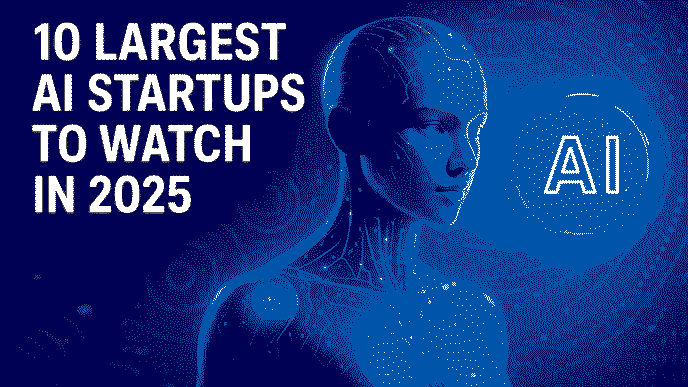Artificial Intelligence (AI) is shaking things up across various industries, and the USA insurance world. Particularly in auto and health is no different. With its knack for automating tasks, sifting through massive data sets, and tailoring customer experiences, AI is changing the game for insurers and their policyholders. Let’s dive into how AI is making waves in the American auto and health insurance markets.
Transforming Auto Insurance: From Claims to Risk Assessment
In the realm of auto insurance, AI is sparking innovation at every turn from underwriting and pricing to fraud detection and claims handling.
1. Smart Underwriting and Pricing:
Thanks to AI, insurers can tap into real-time driving data gathered from telematics and connected vehicles, allowing for a more precise risk assessment. Drivers who practice safe driving can enjoy personalized discounts, making premiums fairer for everyone.
2. Instant Claims Processing:
With AI-driven tools like image recognition and user-friendly mobile apps, customers can submit claims in just minutes. AI can evaluate vehicle damage from photos uploaded by users and even automatically approve smaller claims, cutting down on delays and administrative expenses.
3. Fraud Detection:
Machine learning algorithms excel at spotting patterns and irregularities that may indicate fraudulent claims. This capability helps insurers minimize financial losses while ensuring that honest policyholders aren’t unfairly affected.
Revolutionizing Health Insurance: Smarter Care and Predictive Insights
Health insurance in the U.S. is experiencing a significant transformation driven by AI, enhancing both preventive care and operational efficiency.
1. Personalized Health Plans:
AI leverages patient data to craft tailored health plans that align more closely with individual needs. By considering everything from genetic makeup to lifestyle choices, AI can suggest the most suitable coverage options and wellness programs.
2. Predictive Analytics for Early Detection:
Insurance companies are utilizing predictive models to identify chronic illnesses at an early stage and recommend preventive care. This proactive approach not only lowers long-term healthcare costs but also leads to better patient outcomes.
3. Chatbots & Virtual Assistants:
AI chatbots are now available around the clock to address customer inquiries, offering instant access to policy information, billing details, and emergency support—boosting user satisfaction while easing the burden on call centers.
Challenges and Ethical Considerations
Despite the significant advantages of AI in insurance, there are still hurdles to overcome. Data privacy remains a major concern, particularly in the realm of health insurance. Regulators are actively working to ensure that AI algorithms are fair, unbiased, and transparent.
The Future Outlook: A Tech-Driven, Customer-Centric Industry
As AI technology continues to evolve, U.S. insurers are likely to keep investing in AI solutions that emphasize personalization, automation, and real-time decision-making. For consumers, this translates to faster service, fairer pricing, and improved health outcomes.
In summary, AI is more than just an enhancement for the U.S. auto and health insurance sectors it’s a complete transformation that reshapes how insurers function and how customers engage with insurance. The landscape is shifting, and AI is at the forefront of this change.
AI is also streamlining administrative processes like claims and billing. AI for medical billing is significantly reducing errors and improving revenue cycle management in U.S. hospitals.













